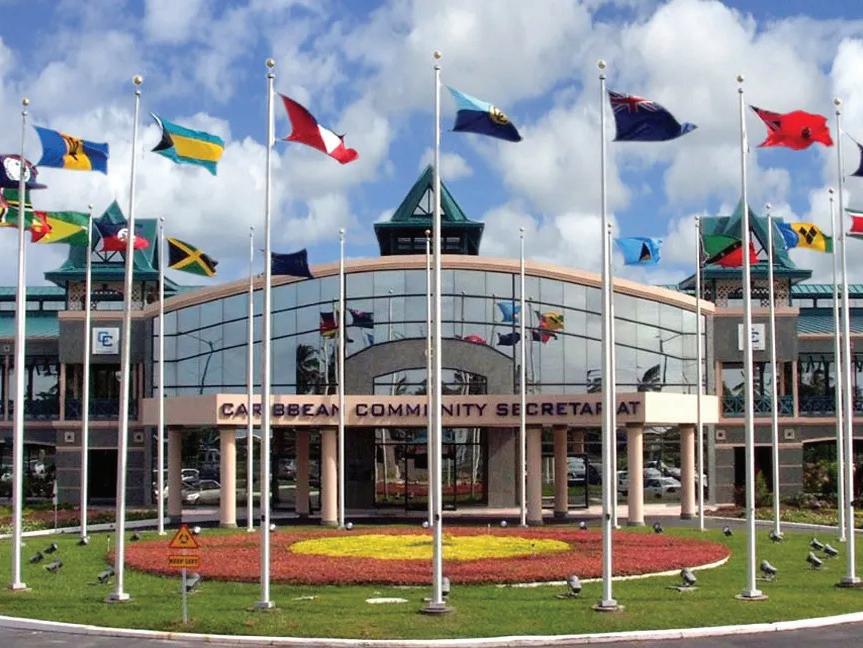
2 minute read
CARICOM at ...
FROM PAGE XIV or failure because of the layers of work in several areas, be it food and trade to security and education over the past 50 years. He also reminded me that the bloc comprises sovereign states, each with its own decision-making power. That means consensus is important. Each sovereign state can choose to sign onto some decisions of CARICOM, and they can opt out. That makeup, therefore, makes it hard for CARICOM to push ahead on some matters.
Still, there are some things to be happy about. Immigration, as I mentioned, needs some work, but there is at least one clear example of community law taking precedence in the Caribbean. In 2012, Jamaican Shanique Myrie took on Barbados and tested the weight of CARICOM law. She travelled to Barbados the year before and was denied entry after what was described as an inhumane cavity search. She took the case to the Caribbean Court of Justice (CCJ), arguing that she was denied entry and was discriminated against because she is Jamaican and asked that the CCJ determine the minimum standard of treatment for CARICOM nationals moving within the region. And within the course of its judgement, the CCJ held that CARICOM nationals are entitled to enter CARICOM member states without harassment or the imposition of impediment and to stay for up to six months.
Advertisement
We also have big ambitions under the Revised Treaty of Chaguaramas. Among other things, this treaty caters to the free movement of people, goods and services. Because we signed onto this, there are ways of compelling countries to comply more with certain provisions or laws.
In fact, the CCJ can assess trade matters within and between member states. Before the CCJ’s recent itinerant sitting in Guyana, I never thought about the c-ourt’s ability to adjudicate on matters concerning the Revised Treaty of Chaguaramas. The CCJ’s appellate jurisdiction -- which itself is valuable to us in Guyana -- is what I have been exposed to, and exposed to a lot more over the past three years because of the litany of elections-related cases on which the court ruled. Over the last two weeks, however, I’ve been increasingly aware that the CCJ, in its original jurisdiction, is able to preside over matters involving CARICOM more specifically.
To be practical about explaining this, I’d say it is possible for local honey producers to bring their long-standing honey woes before the CCJ. For years, Guyana has been trying to use Trinidad as a trans-shipment point to get honey into other Caribbean territories. However, as per the country’s Beekeeping and Bee Products Act, only honey originating from the Windward and Leeward Islands can be trans-shipped there. The country initially restricted the importation of honey from Grenada and other Caribbean countries over concerns about a potentially disastrous disease of honeybees, the American Foulbrood disease. Guyana and Grenada have been trying to hammer out this issue through consultations and engagements (which aren’t bad things), but the possibility exists that the matter can be taken to court.
Of course, this is neither an in-depth nor exhaustive list of all things CARICOM, but it does include some of my recent learnings on the body. I imagine we’ll be hearing much more about CARICOM in the coming days, and I, for one, remain hopeful that we can be closer as a region (especially if that means cheaper flights!).











